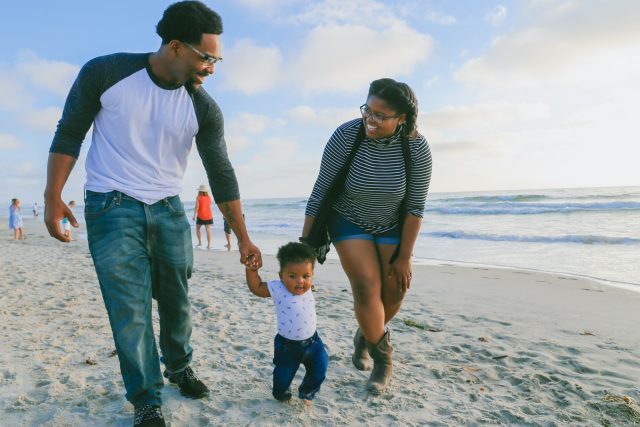Vulnerability
By: Other | September 8, 2015

Written by Karin Thebus, Psy.D.
I recently had a discussion with some friends about being vulnerable and what that really means. One of my friends stated that she had been vulnerable to another person and did not get the response she wanted, so why would she open herself up that way again. I thought that was a great question being that I ask clients to vulnerable all the time. I need to be able to understand and answer this question with some insight and ability to guide clients.
But is that what is meant by vulnerable? Opening up to someone? And are we looking for a response that we are comfortable with? Should we only be vulnerable when there is a known outcome at the end, or a way to make sure that we will be safe from perceived harm?
By definition vulnerable means to be susceptible to physical or emotional attack or harm. Well, when you put it that way I imagine most people would not like to be vulnerable and in fact many people are incredible fearful of vulnerability and avoid it at all costs.
As children we are met with new situations that we need to learn to navigate. We learn that to avoid hurt we need to apply some form of protection. Of course this relates to physical and emotional harm and usually by a certain time in our lives we have created protections that we are comfortable with, even if they get in the way of taking real risk.
Like a callous covers a piece of the body vulnerable to hurt, the mind creates layers to shield from emotional harm. Because of this shield we may only have relationships to a certain level and may try to live on that surface, comfortable or not. As the saying goes, we can only feel the “good” with the “bad.” However, I believe that there is no real distinction between good and bad and these are only one of the levels of protection we construct, and what is presented is an image of ourselves that we create, or what we want the world to see; our stage character. In that sense I have created confusion about who I am and I cannot fathom why other people don’t understand me.
For others to understand me, I have to be able to understand myself. I need to challenge my own ideas and values, even if I don’t like what I see. When I know the truth about myself I can present that to the world honestly. Sales 101 tells me that if I don’t believe in the product, no one else will either.
I can only understand myself if I am honest, or authentic about who I am. Authenticity is the ability to be genuine, true, accurate and not copied or false. When an item is authenticated is it understood to be real and unadulterated. When something is real and true there is usually no fear of being deceived or misled.
When I am truly authentic I do not need to worry about being vulnerable. I no longer have to protect the image of what I think I should be. If I am not comfortable with whom that is then I need to make changes. Of course we can take steps to protect ourselves, but it is no longer about presenting an image for that protection. Most people are not fond of fake people but love when a person can be honest about who they are.
Some people may not like us for who we truly are that is ok because others will, and we will like ourselves. We are in a constant state of change by what we encounter every day. We have a much better chance of being loved, and being loving if we can present the real person we are, “warts and all,” as the saying goes.
Vulnerability need not be a scary prospect. We are being vulnerable when we are authentic. We tell the world that this is who we are. We give others the opportunity to know us and not the character we can create and when we are only being our true self we cannot be hurt. If you struggle with vulnerability/authenticity, a good therapist will be able to help unpeel those layers for you to fully experience emotion, and therefore fully experience your true self.



